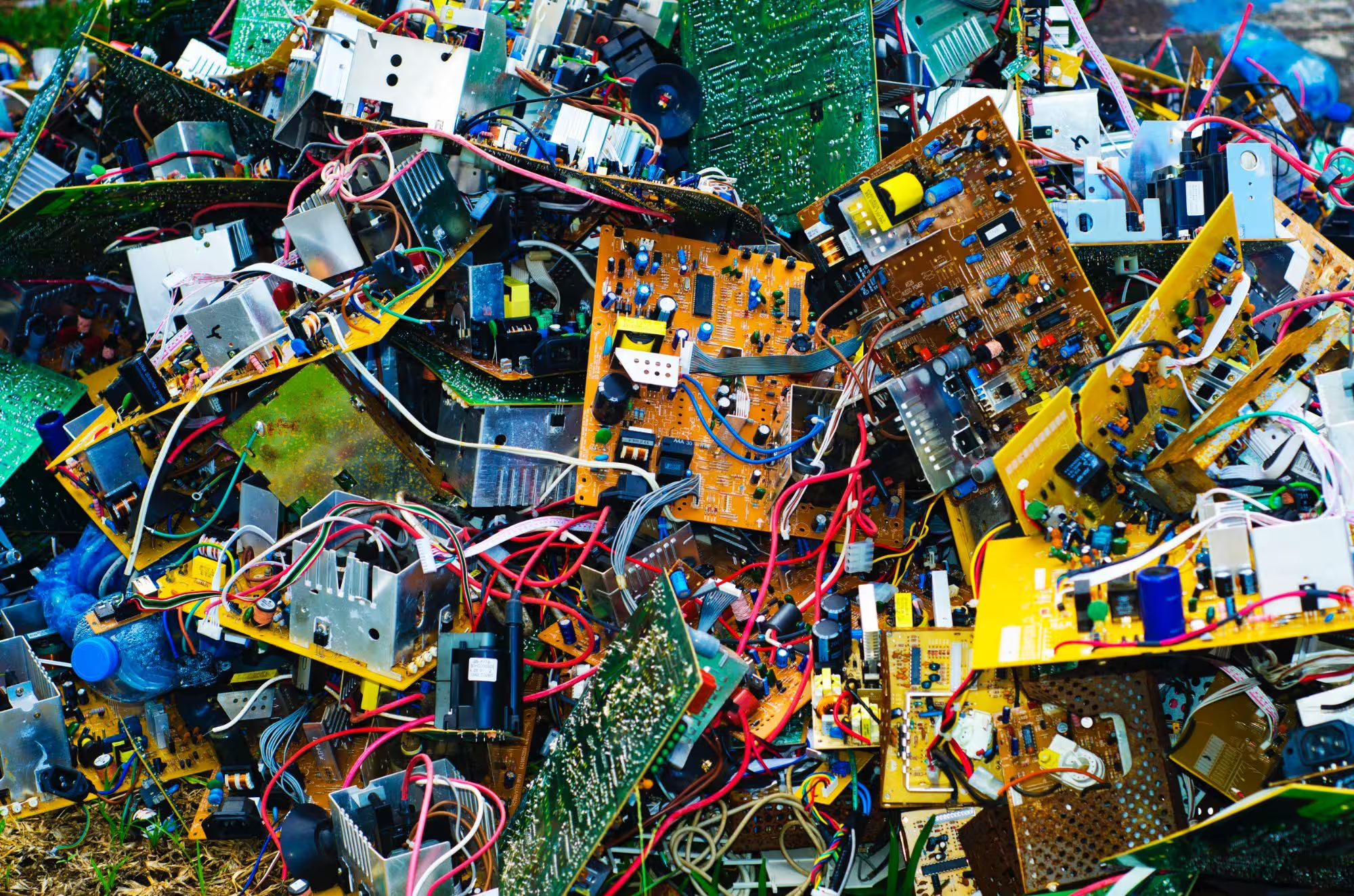Circular economy transition and the Indian E-waste Market

The usage of electronics is becoming ever-so-integrated into people’s daily lives. This brings the trouble of e-waste management, usually existing in a dispersed and piecemeal form, that enters global circuits of value recovery that escape regulations, fragmenting volumes and becoming sources of toxic pollution harming human health and ecosystems. Yet as discarded electronics are not only toxic but also a rich depository of copper, gold, silver, platinum, and other metals, e-waste needs to be gathered in larger quantities to realise its potential as a mine.
The deepening environmental and climate crisis, and the steady rolling out of policies that are intended to solve it, requires studies that can shed light on how these play out on the ground. The introduction of the globally accepted policy of EPR (in e-waste and in plastics), which actions the “polluter pays principle,” provides a particularly fertile case study to understand the challenges to a green transition. This project utilizes ethnographic research to understand the socio-economic effects of making e-waste circular and the challenges to reconfiguring e-waste as a regulated, clean resource in India.
